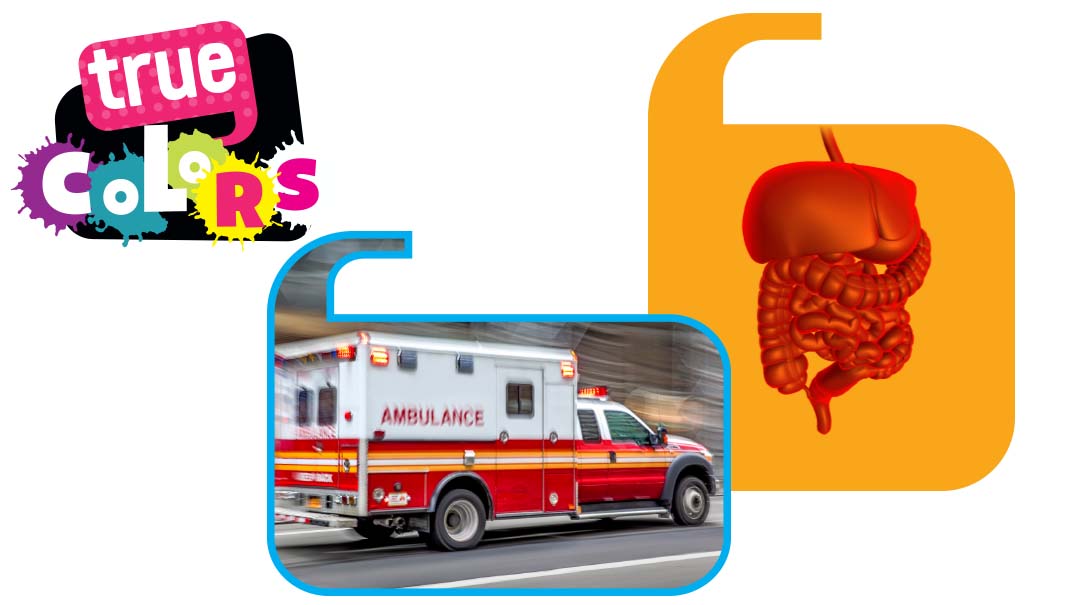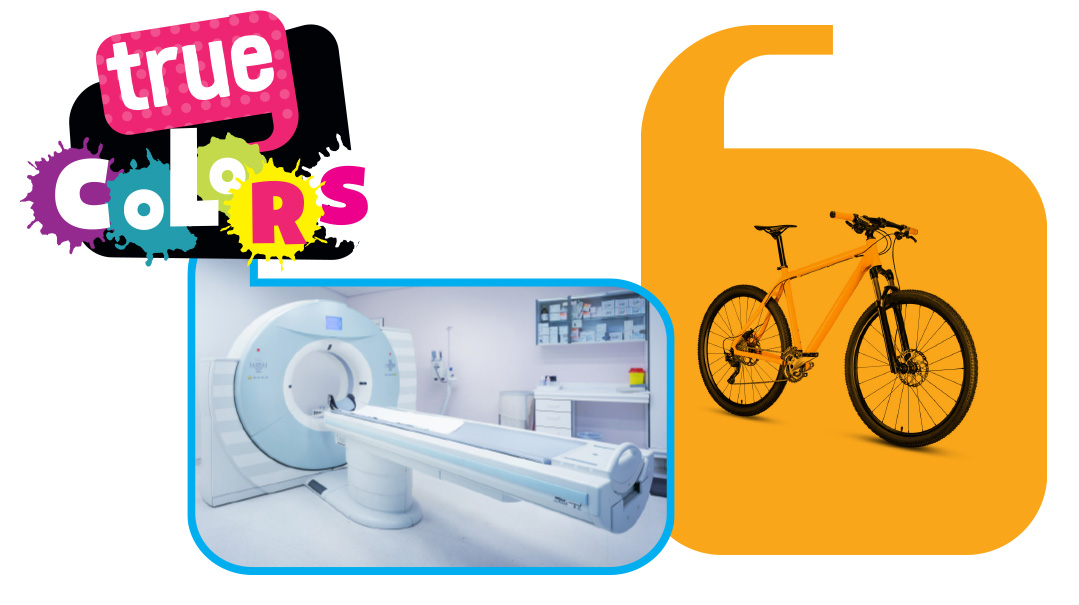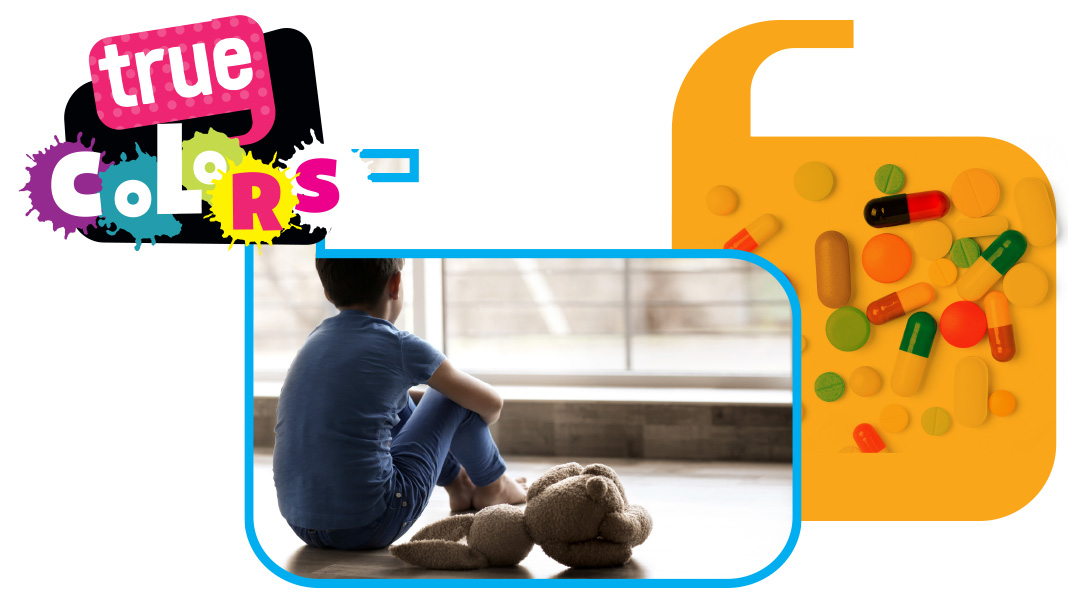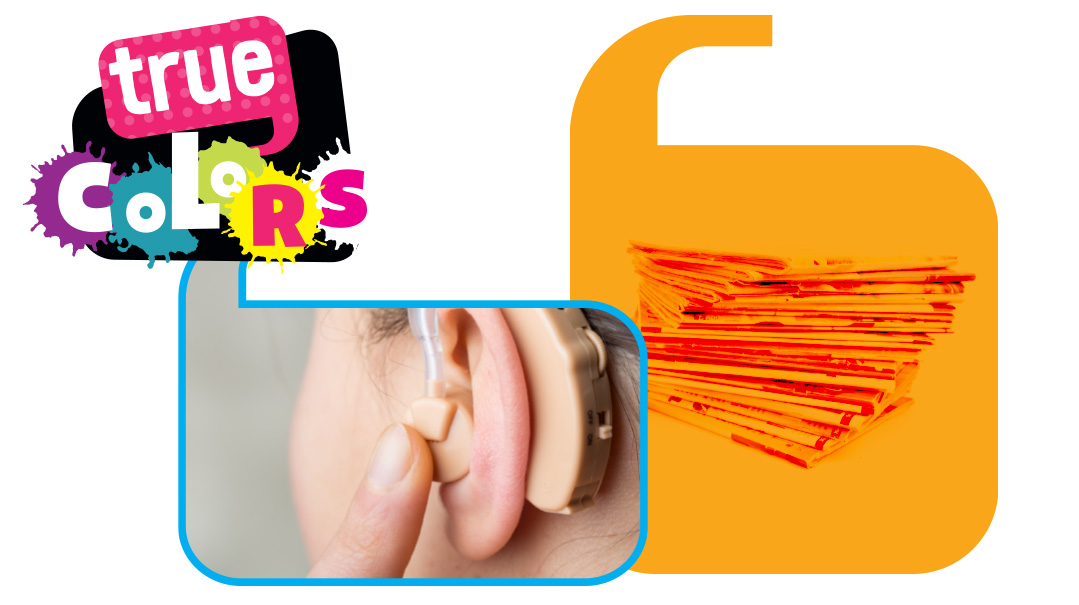Emergency Surgery
| October 26, 2021“My stomach. It’s really bothering me.” It was really bothering me. The pain was getting worse

It was an hour before Shabbos. The house was calm and quiet, the Erev Shabbos hustle basically over (that’s what happens when your mother is really organized. Trust me, I know it’s not like that in every home). The younger kids were bathed and dressed and were playing with Kapla in the playroom. My mother was getting ready upstairs, the chicken soup was bubbling quietly on the blech, the floors were clean, and I was all ready for Shabbos, reading a book on the couch. That’s when the pain started.
It was just a stomachache. I was an 11-year-old boy, much too old and mature to complain about a “sore tummy.” Instead, I took a drink of water and tried to find a comfortable position. The pain wasn’t terrible, and I continued reading. Eventually my mother came downstairs, gave everyone their Erev Shabbos treat, and, as the sun moved lower in the sky, lit the Shabbos candles.
By the time she finished lighting and turned around to wish us good Shabbos, my stomach was really hurting. I guess Ima noticed, because she said, “Noach, what’s wrong?”
I winced and gingerly touched my stomach. “My stomach. It’s really bothering me.” It was really bothering me. The pain was getting worse.
My mother gave me a few different ideas to make me feel better, and I tried them, but nothing helped. It was hurting more and more. My aunt came by to say good Shabbos, and my older sister’s friend came too. I felt too unwell, and much too sore, to go to shul with my father. I kept trying to read, but the pain was getting worse. I couldn’t focus on my book. As the pain increased, I tried to find a position that would hurt less, curling up my feet toward my chest. My mother gave me some painkillers, but I couldn’t get comfortable. My aunt also offered some suggestions to ease the pain, but they didn’t work. I found myself on the floor, clutching my stomach. Soon it was hurting so badly that I was screaming in pain and writhing on the floor.
My mother sent my older sister and her friend to call my father from shul and ask him to get one of our neighbors, a Hatzalah paramedic, to come check me. But the neighbor wasn’t in shul, and their house was dark and quiet; apparently, they weren’t home for Shabbos. I was miserable, my stomach was hurting so badly, and I kept screaming out in pain. My parents weren’t quite sure what to do with me. Eventually I fell asleep; I didn’t eat the Shabbos seudah that night.
The night passed uneventfully. I didn’t wake up from the pain. In the morning, my father woke me up. “Noach…how are you feeling? Dr. Brick is downstairs. We asked him to come by to check you before davening.”
“Uh?” I sat up in bed slowly as I became aware of my surroundings. My stomach was still hurting, but not as badly as it was the night before. Dr. Brick, a doctor who lives in our neighborhood, came up and checked me. He turned to my father. “It’s his appendix. He needs to go to the hospital right now.”
“On Shabbos?” my father asked.
“Yes!” Dr. Brick said. “Right now! If his appendix ruptures, he could be in danger. Where’s your phone? I’ll call the ambulance myself.”
Things moved really quickly after that. Before I knew it, the ambulance had arrived. I actually knew the ambulance medic. He was a rebbi in my school, and he’d been my teacher in second grade. He was nice. I didn’t feel like people were staring when I got into the ambulance (even though afterward some of my neighbors told me they watched from their windows. Hearing that made me feel a little uncomfortable). The ambulance sped to the hospital with the lights and the sirens on, zipping through red lights. When we got there, a nurse checked me in a small room. She took my temperature and did a bunch of other things and then called the doctor to come see me. I got a special cream on my arm that numbed the area, so that when they pricked me to take blood and to put in an IV, it didn’t hurt at all. That was cool. I think they should use that cream more.
It wasn’t long before they were rushing me into the operating room. The frenzy to get me into surgery was a little scary. It felt like they thought I was a ticking time bomb! They didn’t let my father come in with me, and I have to admit, I was afraid when they wheeled me through a long hallway and into the operating room without my father. The operating room was very bright, with big lights and a narrow bed right in the middle of the room. There were lots of people in the room — lots of doctors, lots of nurses, and everyone was very busy. One of the doctors put a mask on my face and told me to count down from ten to zero. I don’t remember getting past six.
When I woke up, I felt nauseous, really groggy, and tired. My father was next to me. I was in a bed, and there were beeps coming from all directions. I tried to ask my father what was going on, but I fell back asleep before I heard his answer. I woke up again a while later and felt more alert. “Abba, what happened?” I asked him. My voice sounded thick. My mouth felt very dry.
My father told me everything that had happened. My appendix was very infected and was about to burst. The doctors took it out just in time. The surgery had taken longer than they had expected. It was already late Shabbos afternoon.
Eventually a nurse came and checked me. She disconnected me from some wires, and then a man called an orderly came to wheel my bed up to the children’s post-surgery ward. I fell asleep again. When I woke up, Shabbos was over, and my father was talking to my mother on the phone and telling her everything that happened. Then I heard him call my newly married sister. She and her husband decided to come visit me. I was feeling a lot better at that point, and I was very happy to see my sister and brother-in-law. They didn’t stay for long, and then my mother came. She brought us food, and drinks, and supplies for my father. My father also called my rebbi and told him what had happened.
That night my father stayed with me again. I wasn’t in a lot of pain, I just felt very tired. When I woke up in the morning, there were several doctors around my bed. They checked me. I asked them if I could go home, but they said I’d have to stay in the hospital for a few days. The time went by quicker than I’d expected; lots of my friends called me, which I really appreciated, some of my older siblings visited me, and I played games with my father. I slept more than usual, too, which the doctors said was normal. The place where they cut me hurt — not terribly, but, as my mother said, it was a cut, and it needed to heal. Moving around and coughing hurt for a few days. After I came home, I spent a good few days on the couch, resting, reading, and playing board games with my siblings. I did miss out on a major school trip, which was disappointing, but it wasn’t too long before I was back in school and everything was back to normal.
What my family learned from my experience is that pain that is so severe that it causes the patient to scream and writhe on the floor needs to be checked out by a doctor immediately. Not everyone knows that, like my parents didn’t. They thought maybe it was just gas pains or a nasty stomach virus. Now that we know that such severe pain often indicates a serious problem, I want you to know that, too.
(Originally featured in Mishpacha Jr., Issue 883)
Oops! We could not locate your form.







